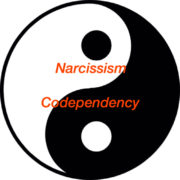I read a Facebook comment recently that plaintively asked “Why is it so hard for us to talk about our emotions?” In light of the recent and tragic suicides of Kate Spade and Anthony Bourdain, I thought about this question. It begged the following question. Have you ever had your emotions minimized or dismissed altogether?
I experienced this recently, and it made me feel sort of expendable, like what I was contributing really wasn’t all that important. It can make you question whether that is true, and undermine your self esteem, as well as your sense of belonging. Now I’m not depressed, but if you are depressed, this only confirms the heaviness you already feel, and the sense that you really don’t matter. Here are eight reasons why emotions have low value in our culture.
Read more










